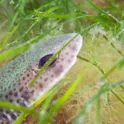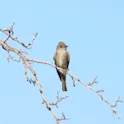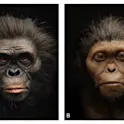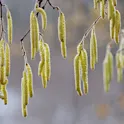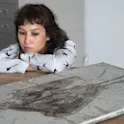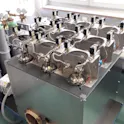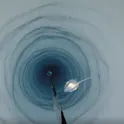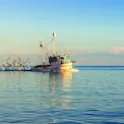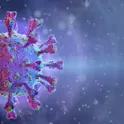
Featured news
15 Mar 2021
3 bacterial strains discovered on space station may help grow plants on Mars
By Colm Gorey, Frontiers science writer Interior view from the International Space Station cupola. Image: NASA Swab samples of 8 surfaces aboard the International Space Station have led to the identifying of 4 strains of bacteria, 3 of which belong to a newly discovered novel species within the genus Methylobacterium. According to researchers, these new strains might be useful in helping future space missions grow food in extreme environments. In order to withstand the rigors of space on deep-space missions, food grown outside of Earth needs a little extra help from bacteria. Now, a recent discovery aboard the International Space Station (ISS) has researchers may help create the ‘fuel’ to help plants withstand such stressful situations. Publishing their findings to Frontiers in Microbiology, researchers working with NASA described the discovery and isolation of 4 strains of bacteria belonging to the family Methylobacteriaceae from different locations aboard the ISS across two consecutive flights. While 1 strain was identified as Methylorubrum rhodesianum, the other 3 were previously undiscovered and belong to a novel species novel. The rod-shaped, motile bacteria were given the designations IF7SW-B2T, IIF1SW-B5, and IIF4SW-B5 with genetic analysis showing them to be closely related to Methylobacterium indicum. Methylobacterium species are […]


